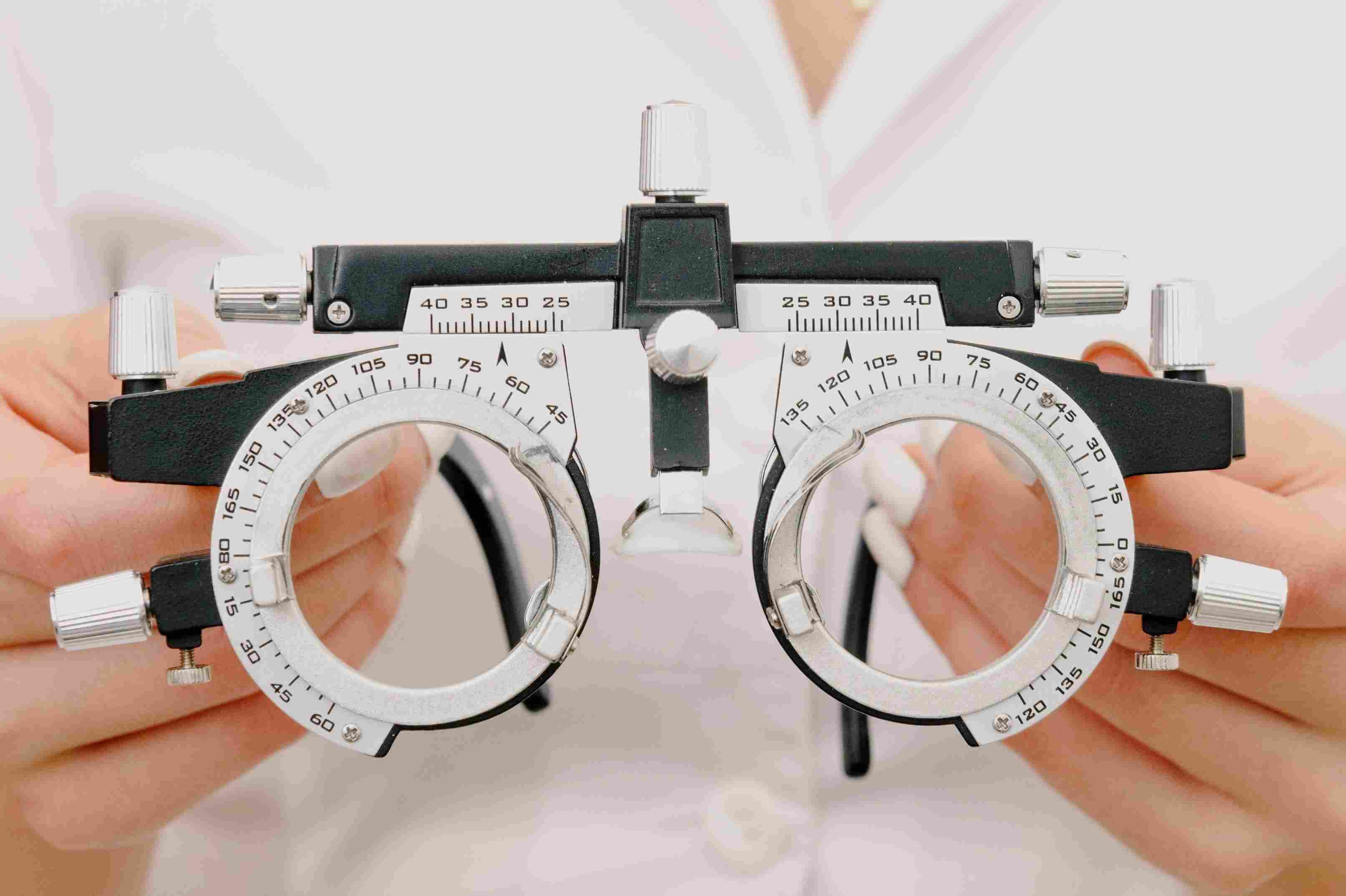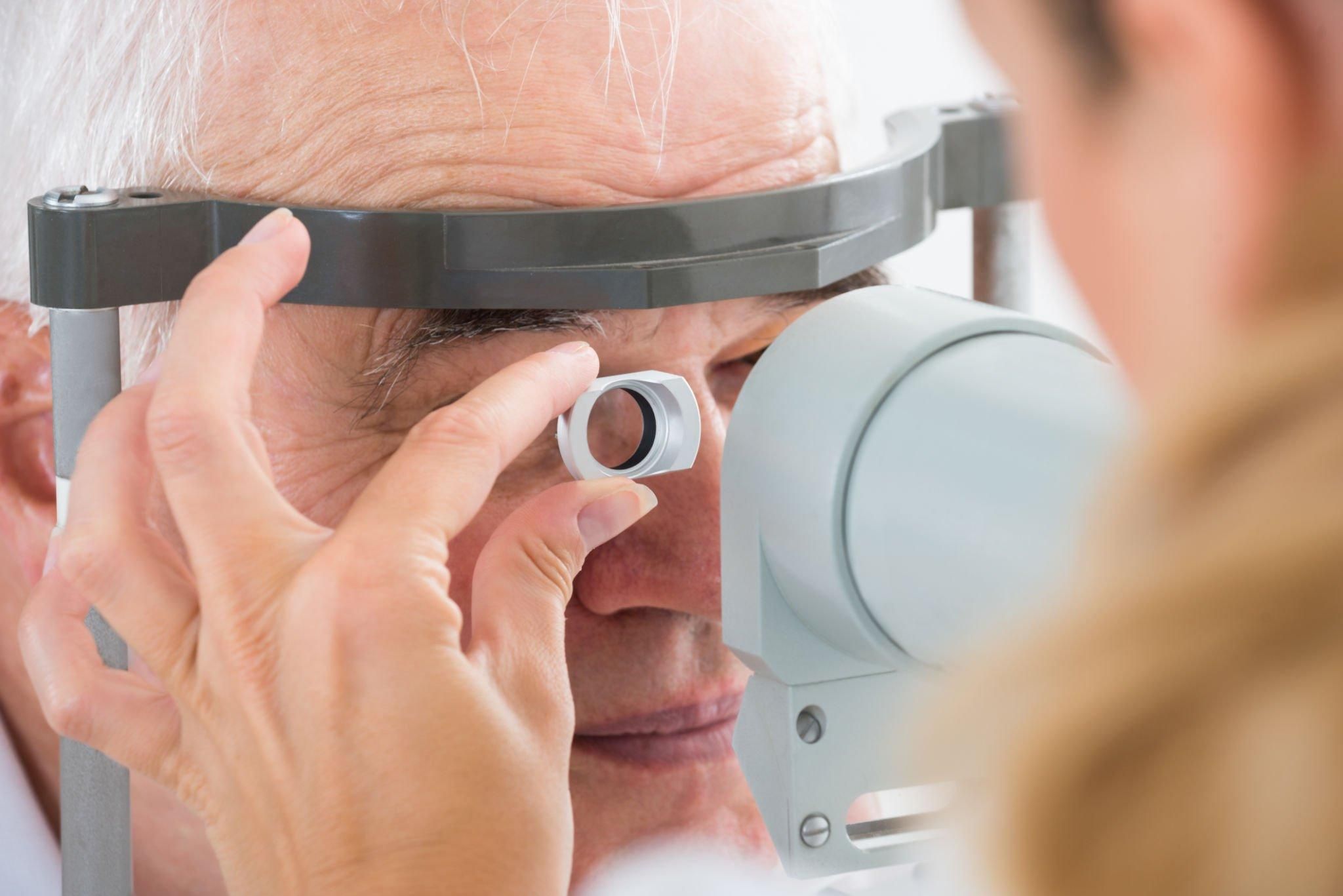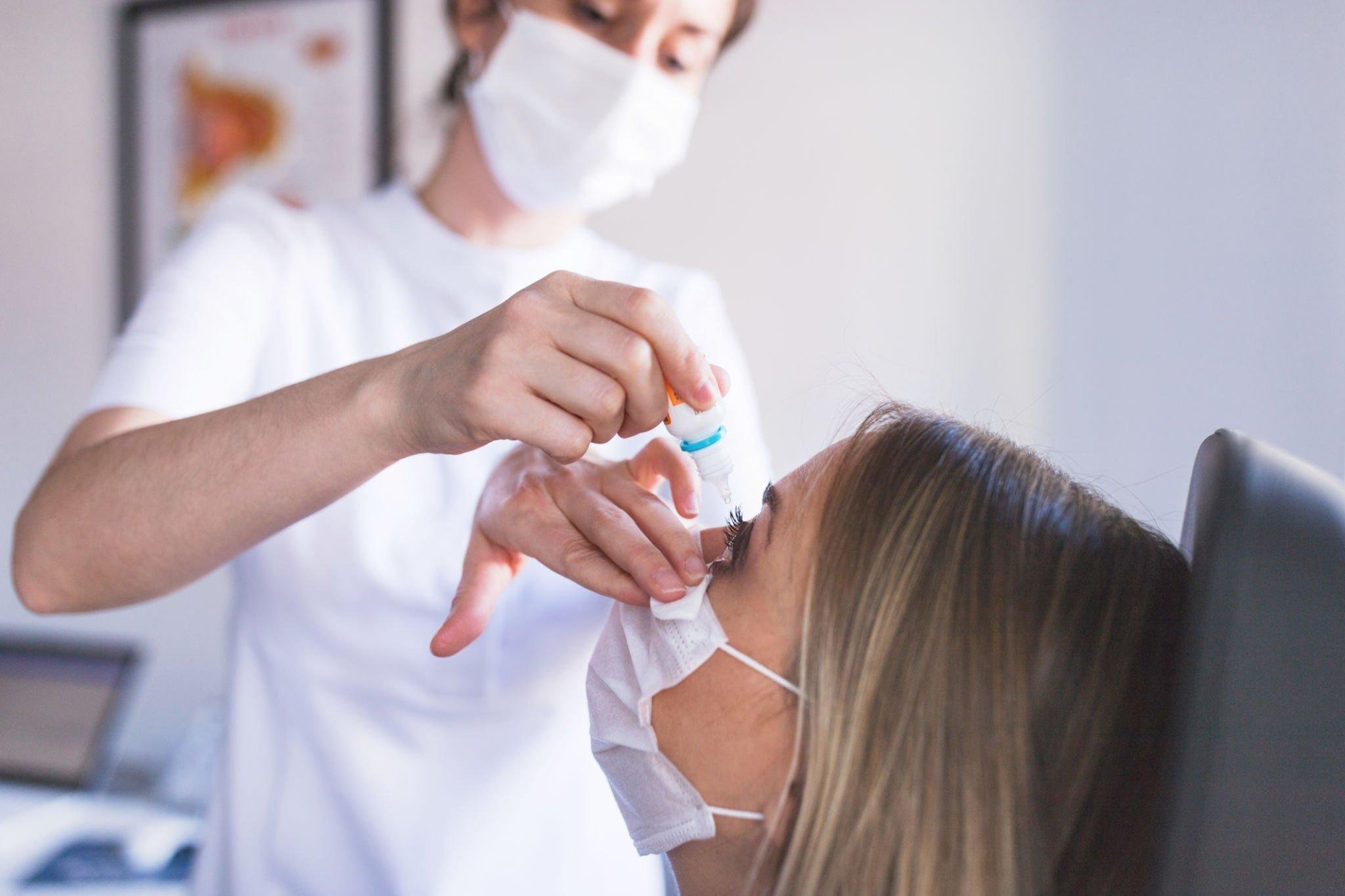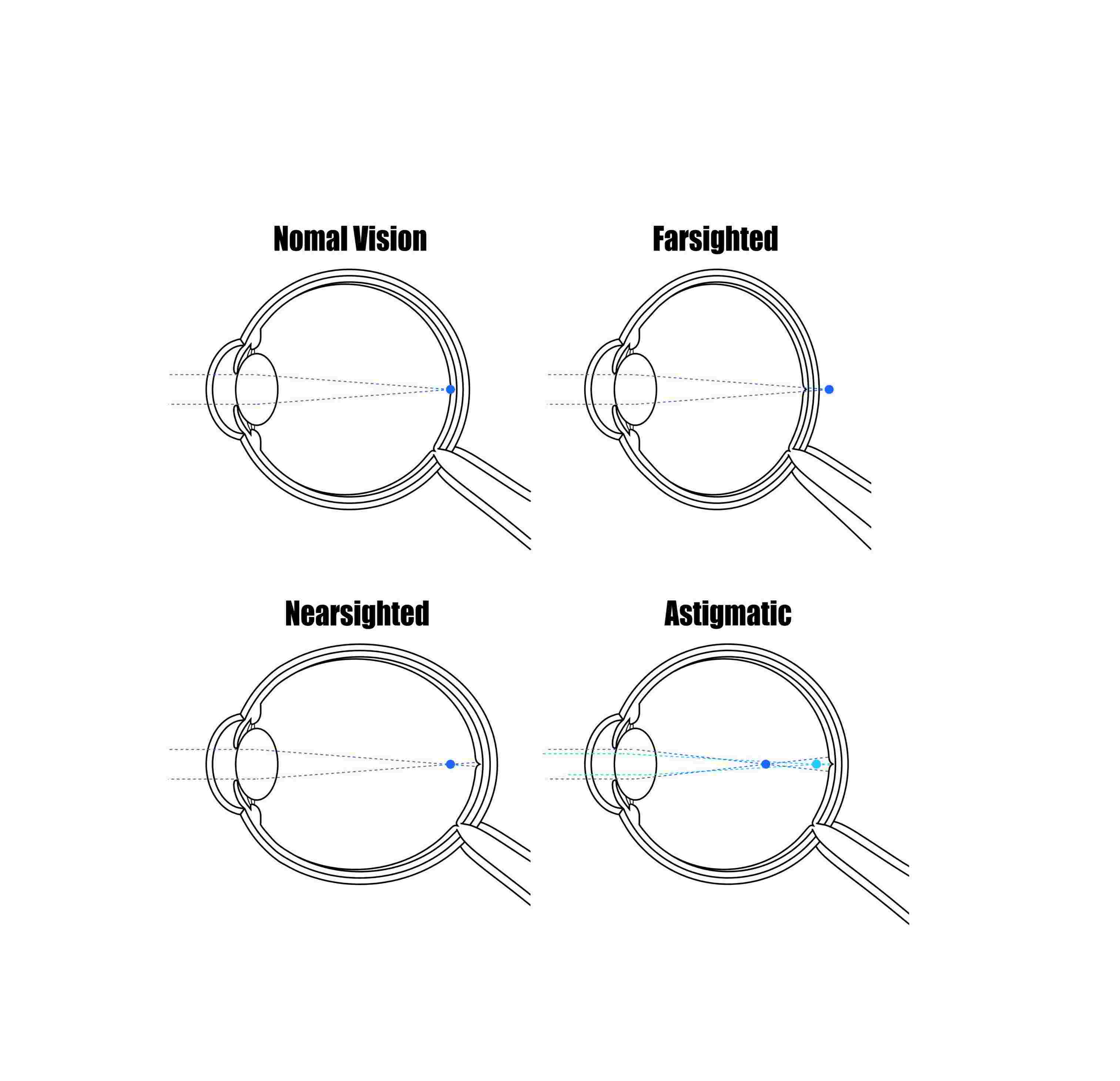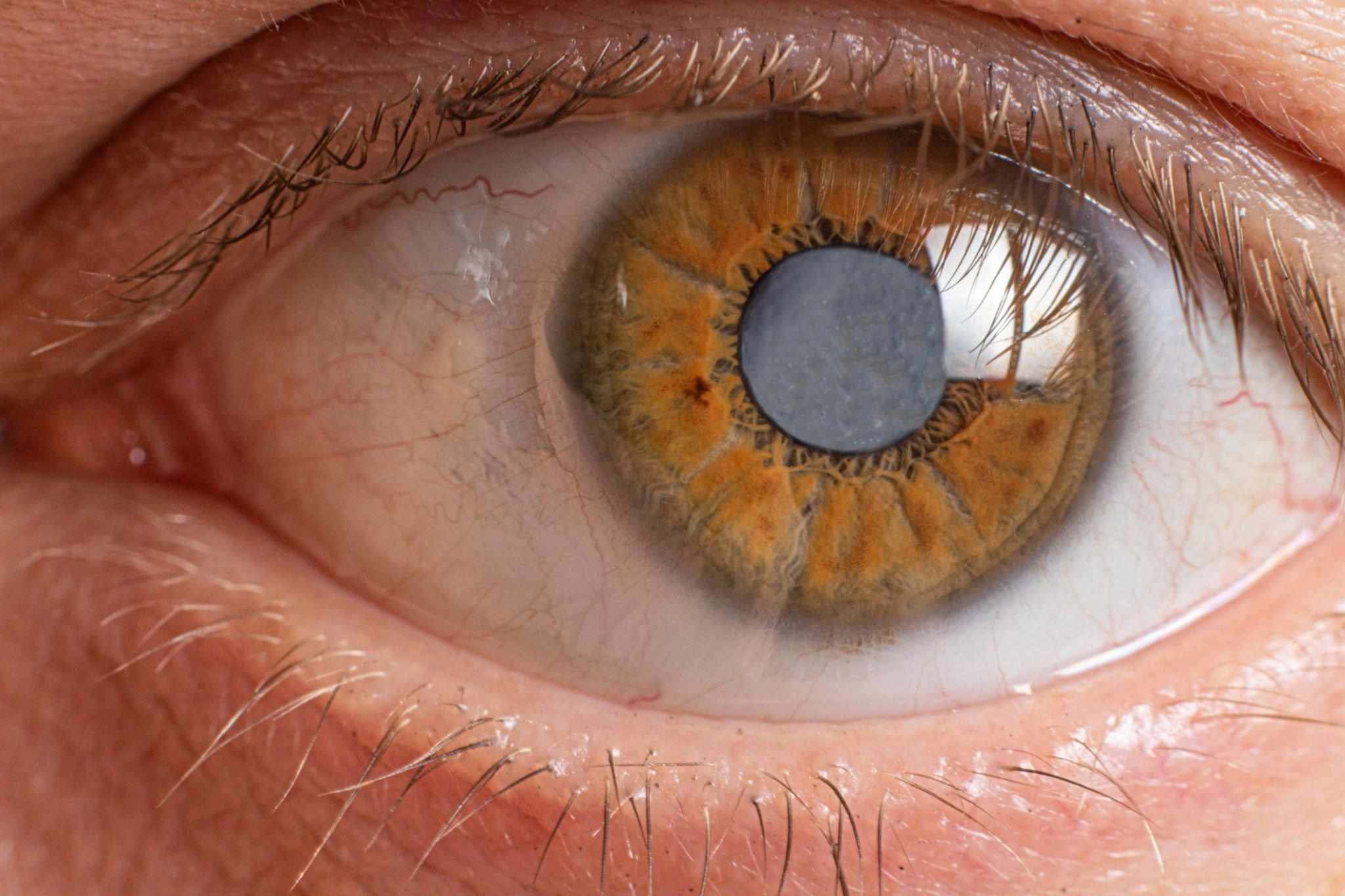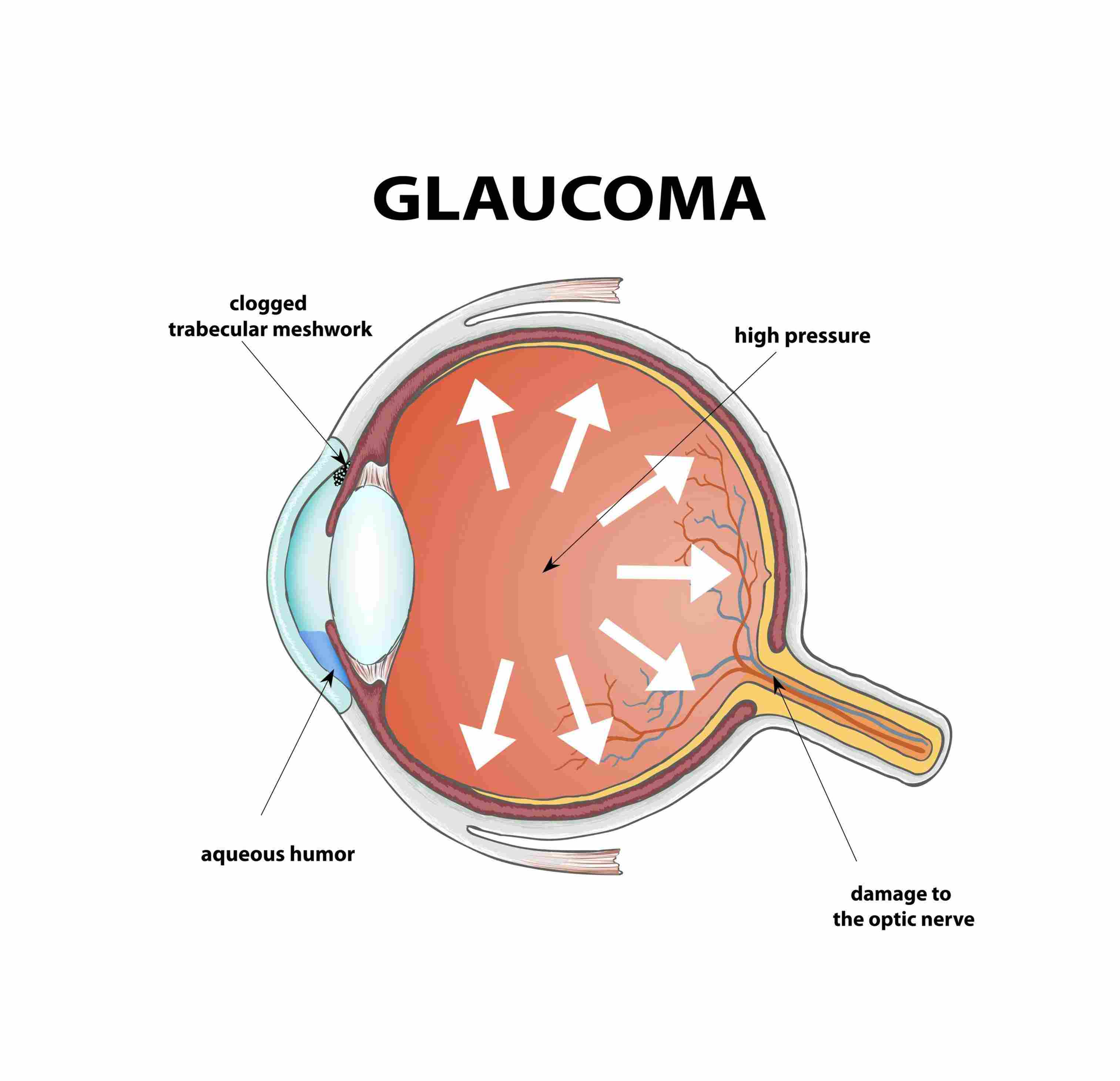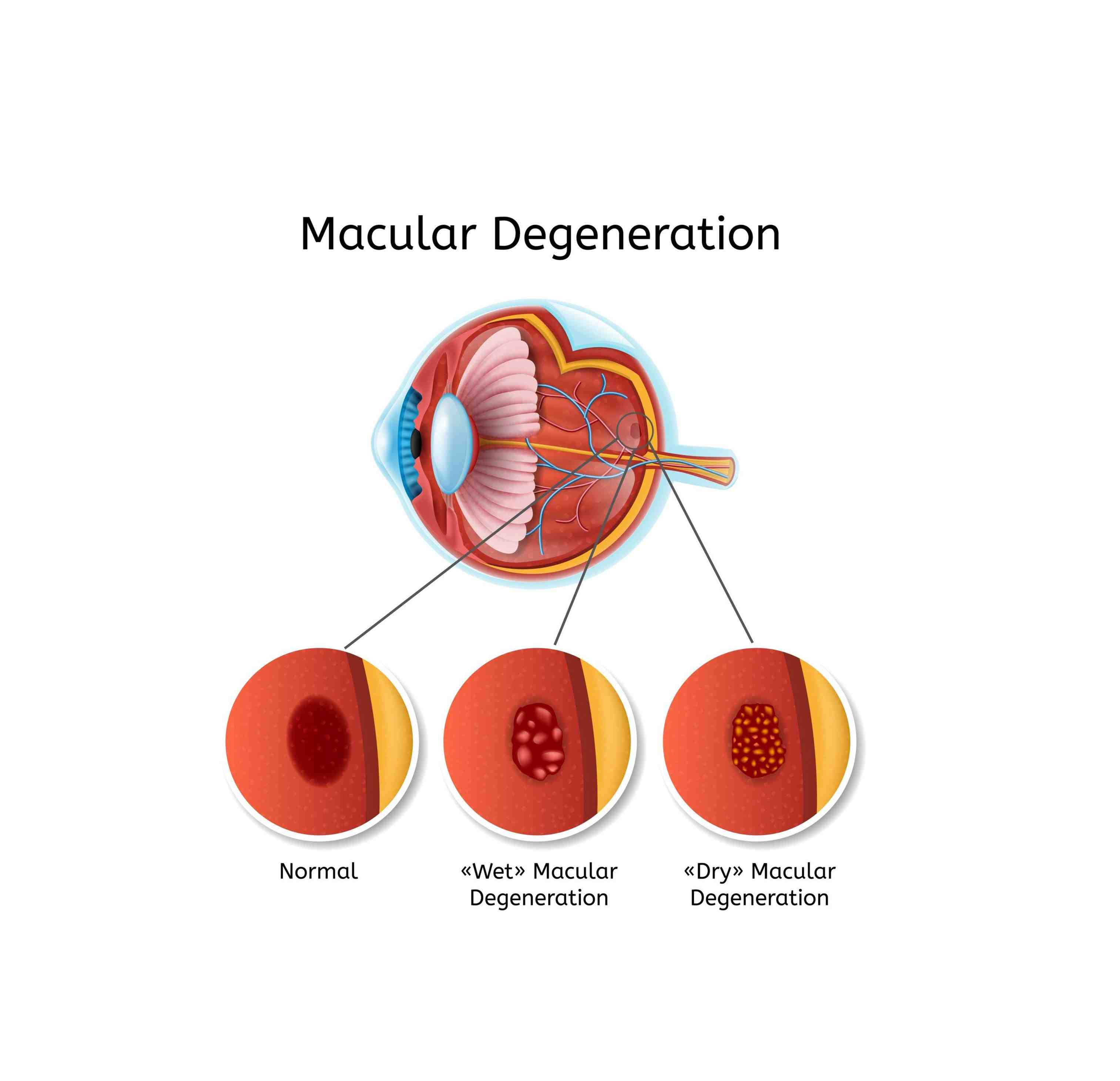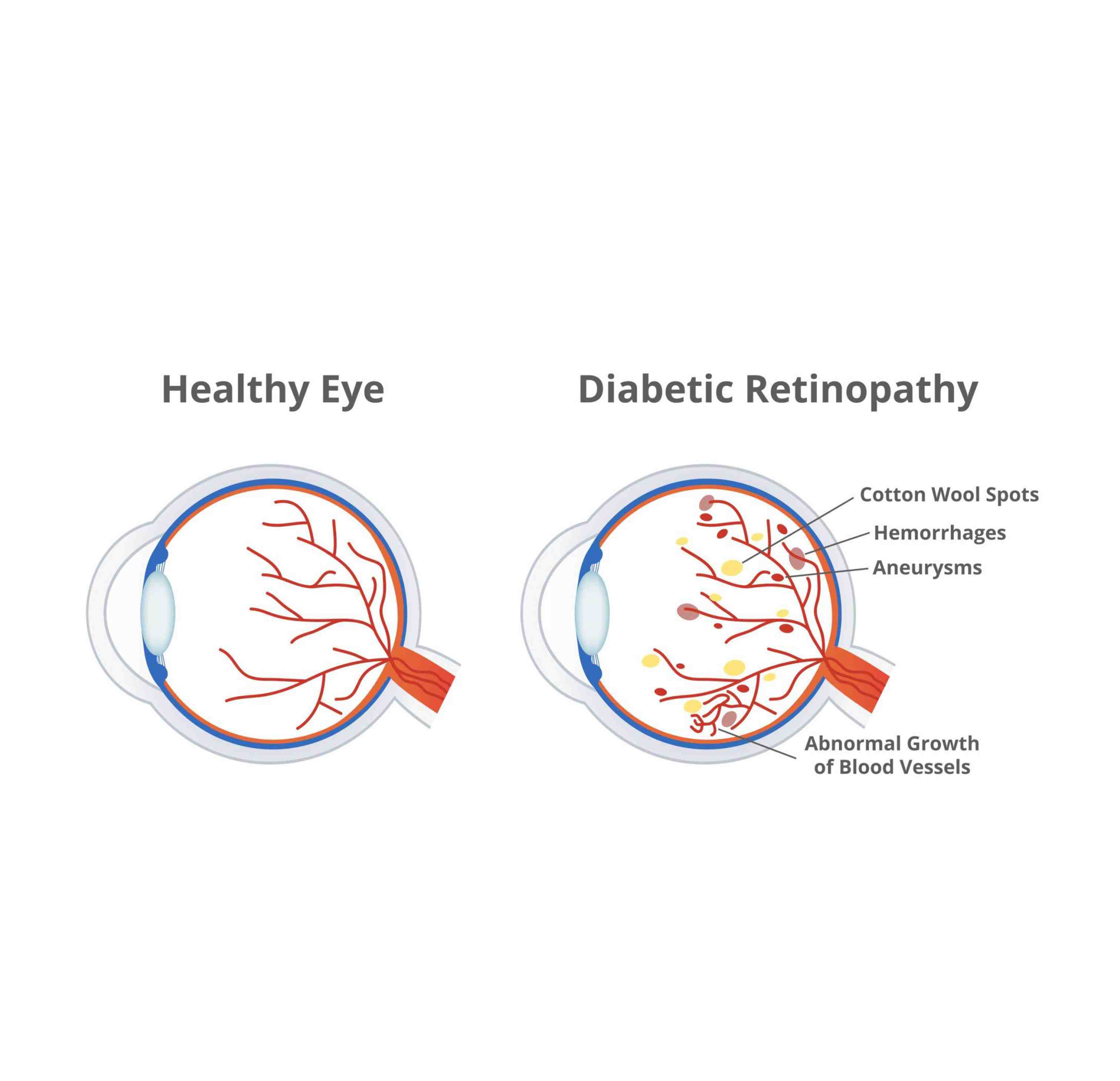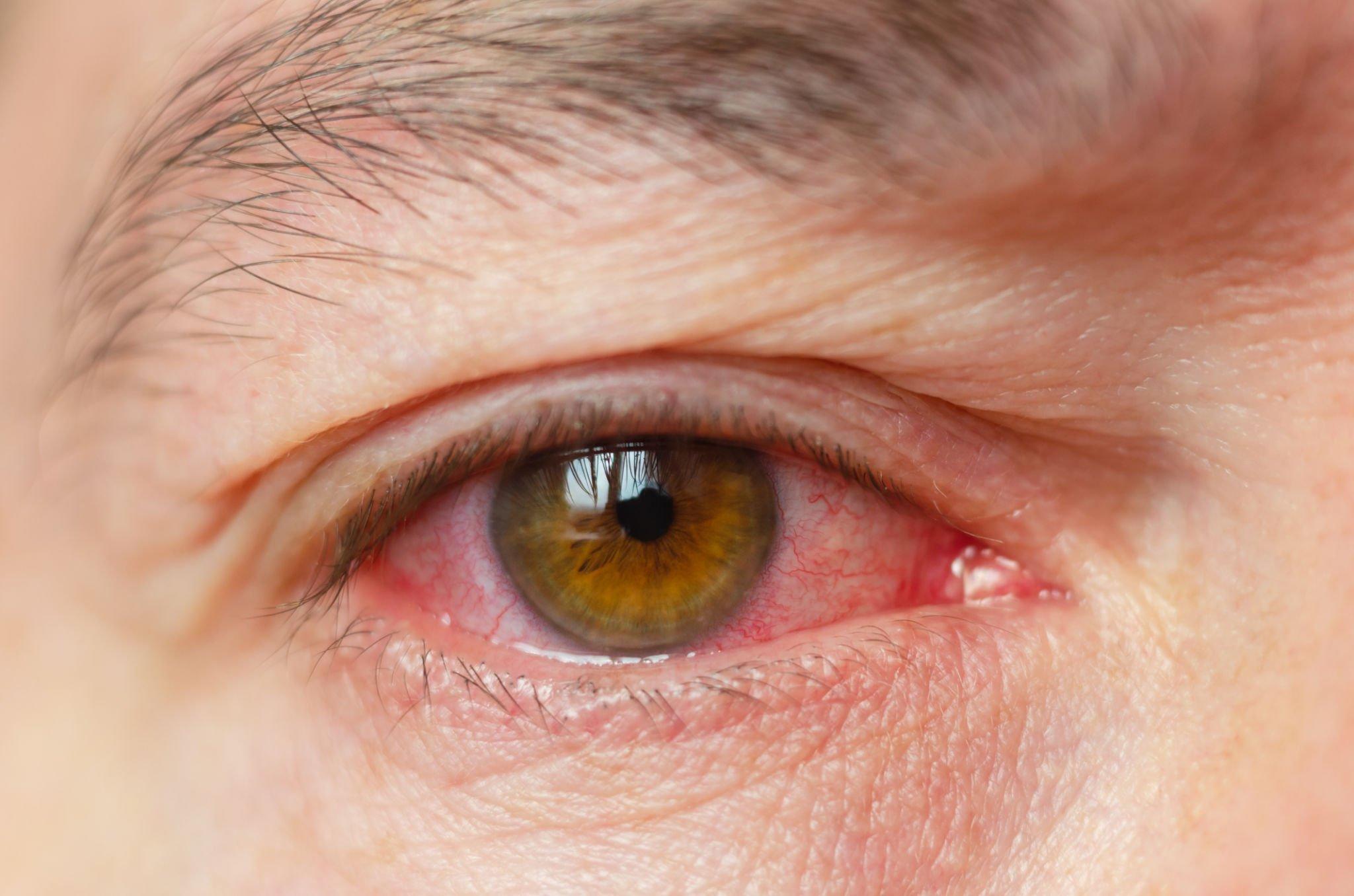Retinal Surgery
Retinal Surgery
Retinal surgery addresses issues with the retina, such as detachment or macular disorders, to preserve or restore vision.
Explore

About Retinal Surgery
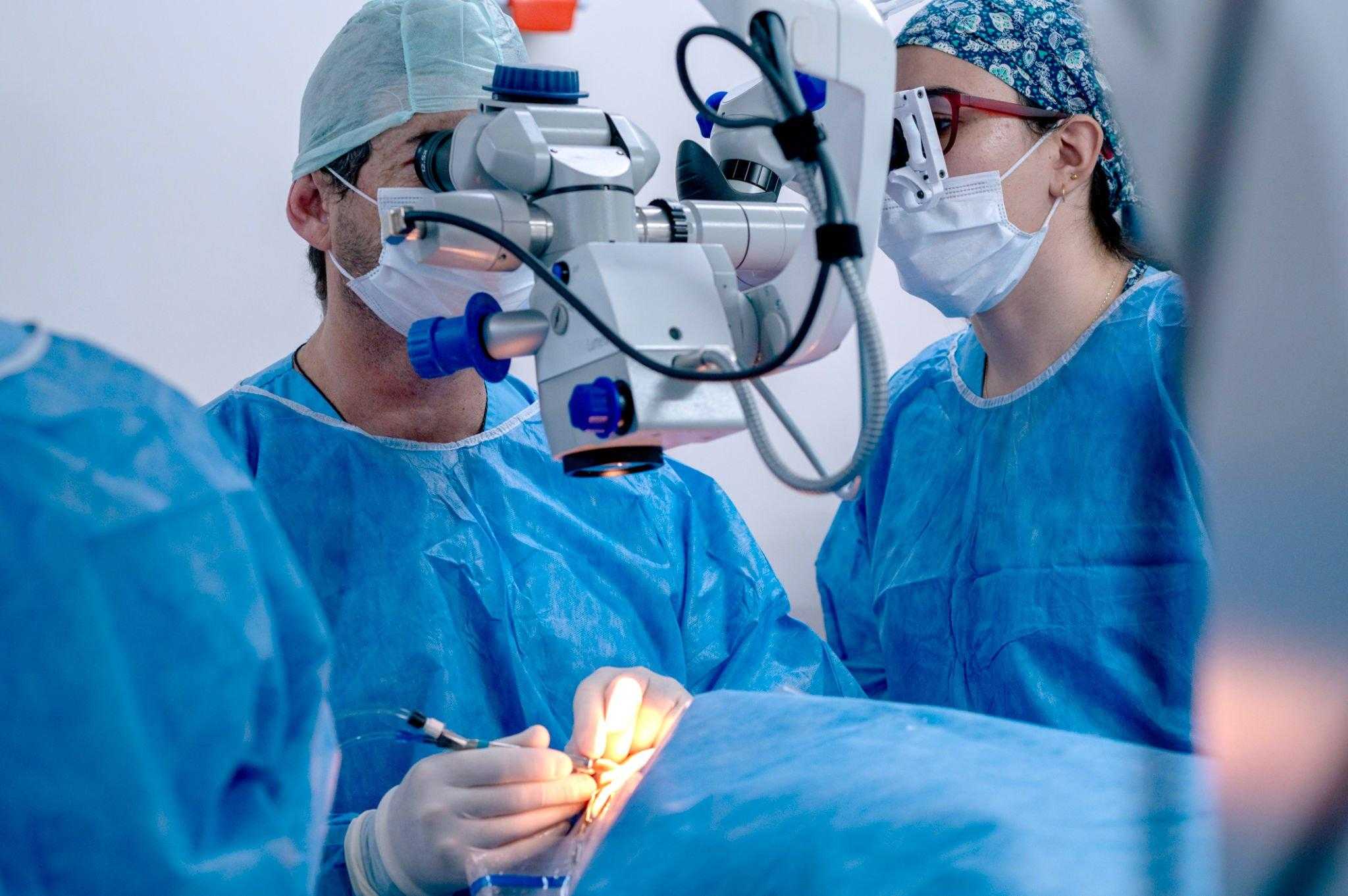
Precision and Restoration: Advancements in Retinal Surgery within Comprehensive Eye Care
Retinal surgery is a specialized field within comprehensive eye care that focuses on the diagnosis and treatment of conditions affecting the delicate retina at the back of the eye. Advances in surgical techniques and technology have significantly improved outcomes for individuals facing retinal disorders. These procedures are designed to preserve or restore vision, addressing conditions such as retinal detachment, macular holes, and diabetic retinopathy.
Common Retinal Surgeries:
Several retinal surgeries are performed to address specific conditions, including:
- Retinal Detachment Repair: Involves reattaching the detached retina to the underlying tissue, often using techniques such as scleral buckling, pneumatic retinopexy, or vitrectomy.
- Macular Hole Surgery: A procedure to repair a hole or tear in the macula, typically involving the removal of vitreous gel and the placement of a gas bubble to support healing.
- Vitrectomy: The removal of the vitreous gel from the eye to address various conditions, including epiretinal membrane, diabetic retinopathy, or vitreous hemorrhage.
- Epiretinal Membrane (ERM) Surgery: Removal of a thin, translucent layer of scar tissue that can distort central vision.
- Diabetic Retinopathy Surgery: Various surgical approaches to address complications of diabetic retinopathy, such as vitrectomy to remove blood or scar tissue from the retina.
- Retinal Laser Surgery: Laser techniques may be used to treat conditions like retinal tears, diabetic retinopathy, or abnormal blood vessels.
Indications for Retinal Surgery:
Retinal surgery is recommended for individuals with conditions such as:
- Retinal Detachment: The separation of the retina from its normal position.
- Macular Holes: Small breaks or openings in the central part of the retina (macula).
- Epiretinal Membrane (ERM): Formation of a thin layer of scar tissue on the surface of the retina.
- Diabetic Retinopathy: Damage to blood vessels in the retina due to diabetes, leading to vision impairment.
- Retinal Vascular Diseases: Conditions affecting blood vessels in the retina, such as retinal vein occlusion.
Advancements in Retinal Surgery:
Technological advancements have played a crucial role in improving the precision and outcomes of retinal surgery. Key advancements include:
- Micro-Invasive Techniques: Minimally invasive procedures that require smaller incisions, promoting faster healing and reducing postoperative discomfort.
- Robotic-Assisted Surgery: The use of robotic systems to enhance surgical precision and control.
- Advanced Imaging: High-resolution imaging technologies that provide detailed views of the retina, aiding in preoperative planning and intraoperative decision-making.
- Pharmacologic Agents: The development of targeted medications to supplement surgical interventions and improve treatment outcomes.
Postoperative Care and Rehabilitation:
After retinal surgery, individuals receive detailed postoperative care instructions and may undergo visual rehabilitation as needed. Regular follow-up appointments are crucial to monitor healing, assess visual function, and address any potential complications.
Our commitment to retinal surgery within comprehensive eye care encompasses the utilization of cutting-edge techniques and technologies, providing individuals with effective treatment options to preserve or restore their vision. To learn more about our hospital's retinal surgery services or related eye care services, please visit our Retinal Surgery Services.
This surgery is performed at Chakrabarti Eye Care Hospital.
by our experienced and skilled doctor, Dr. Meena Chakrabarti.
Other Services
Patient succes stories
Emma Davis
I recently underwent cataract surgery performed by Dr. Arup Chakrabarti, the Cataract surgeon at Dr. Ramesh Kumar Kurup & Sarada Memorial Hospital. Dr. Arup Chakrabarti's expertise and skill were evident throughout the entire process. The hospital's facilities were modern and well-maintained, creating a comfortable environment. Dr. Arup Chakrabarti's clear communication and personalized care made the entire experience smooth and reassuring. I am grateful for the excellent service provided by Dr. Chakrabarti and the dedicated staff at Sarada Memorial Hospital. I highly recommend their services for anyone considering cataract surgery.
Cataract surgeon
Dr. Arup Chakrabarti
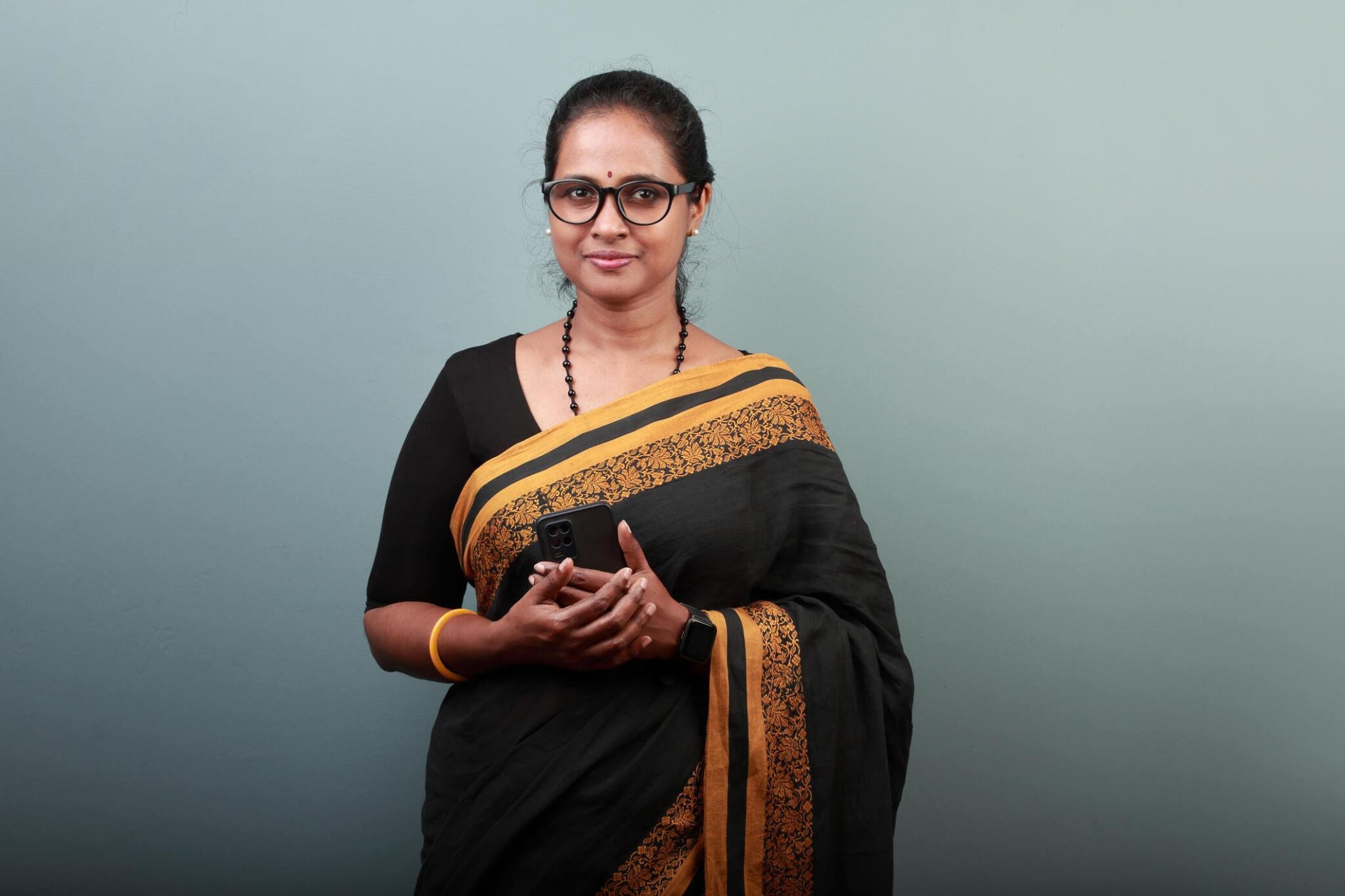
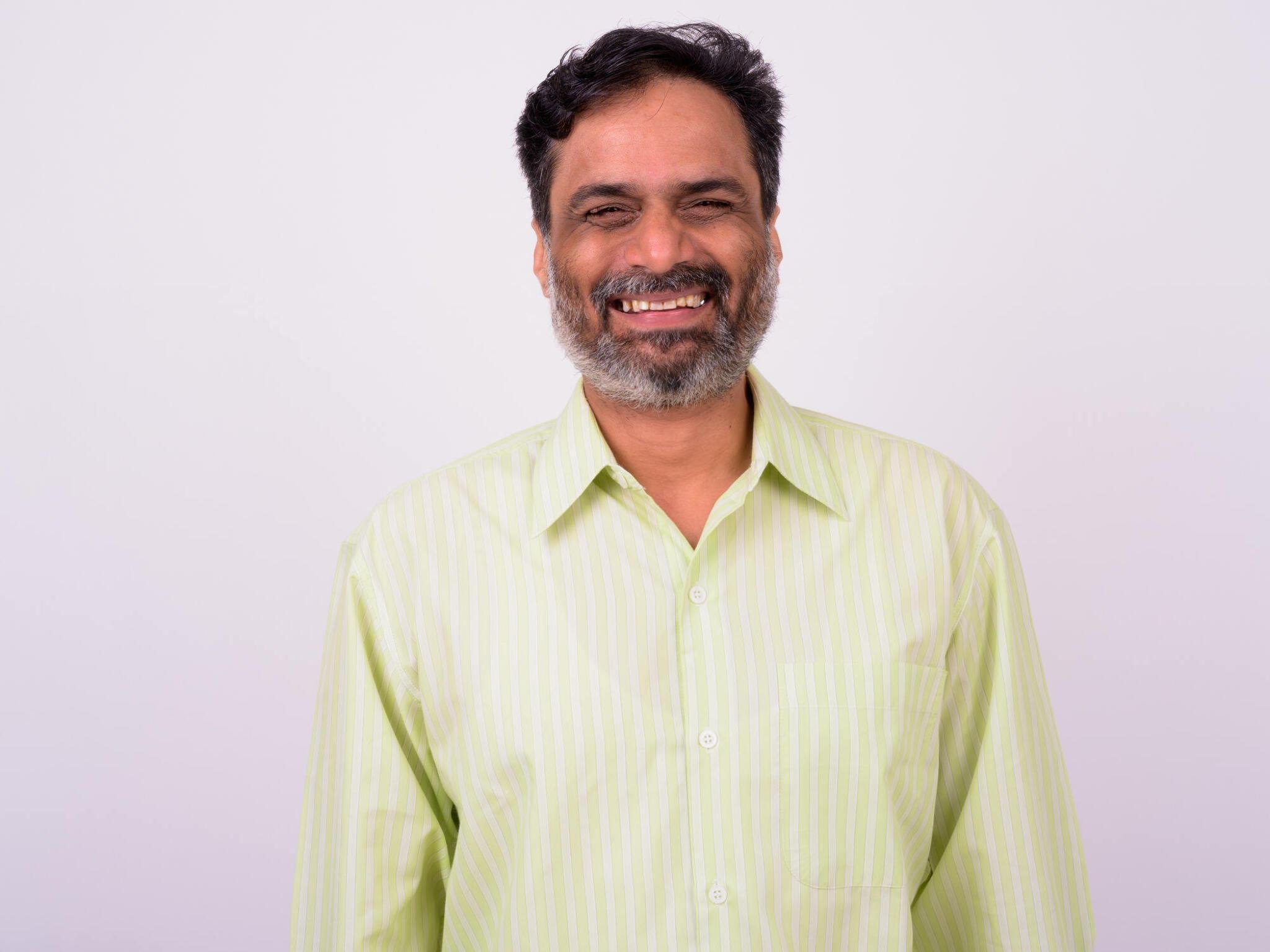
Mohan Pillai
I recently had the pleasure of being under the care of Dr. Meena Chakrabarti, a senior consultant at dr. Ramesh Kumar Kurup and Sarada Memorial Hospital. Dr. Meena Chakrabarti's professionalism and extensive knowledge in eye care were truly commendable. From the initial consultation to the follow-up appointments, her dedication to patient well-being was evident. The hospital's facilities were modern, and the support staff was efficient and courteous. Dr. Meena Chakrabarti's personalized approach and thorough explanations instilled confidence in the treatment process. I highly recommend Dr. Chakrabarti and Dr.Ramesh Kumar Kurup Sarada Memorial Hospital for their exceptional eye care services.
Senior Consultant
Dr. Meena Chakrabarti
